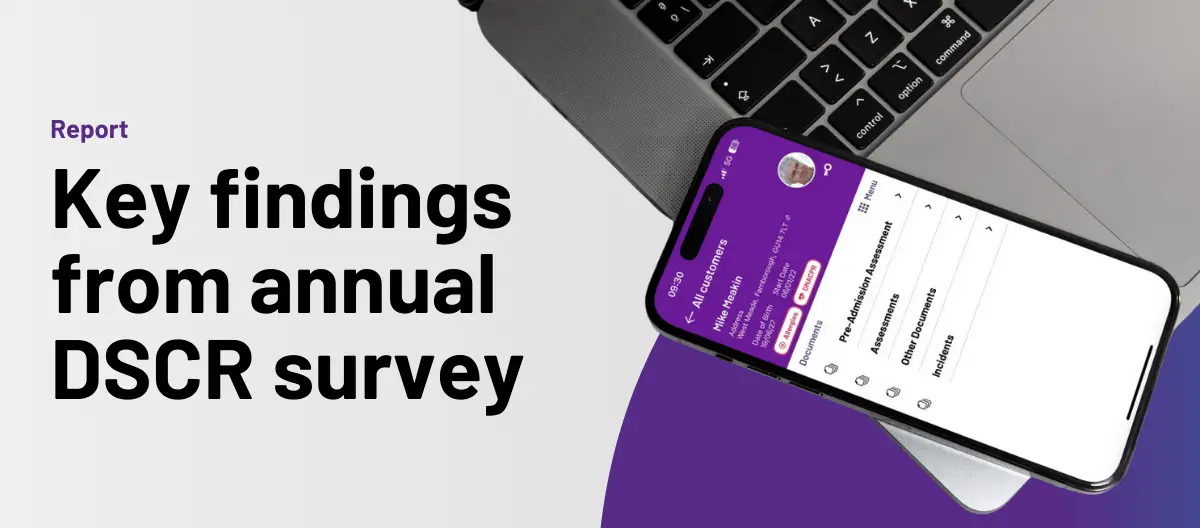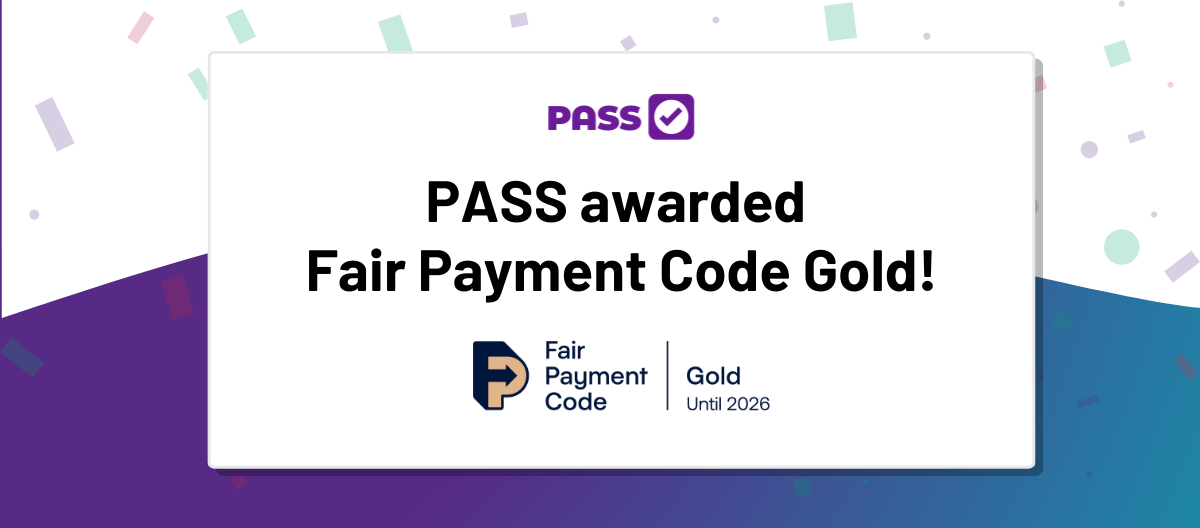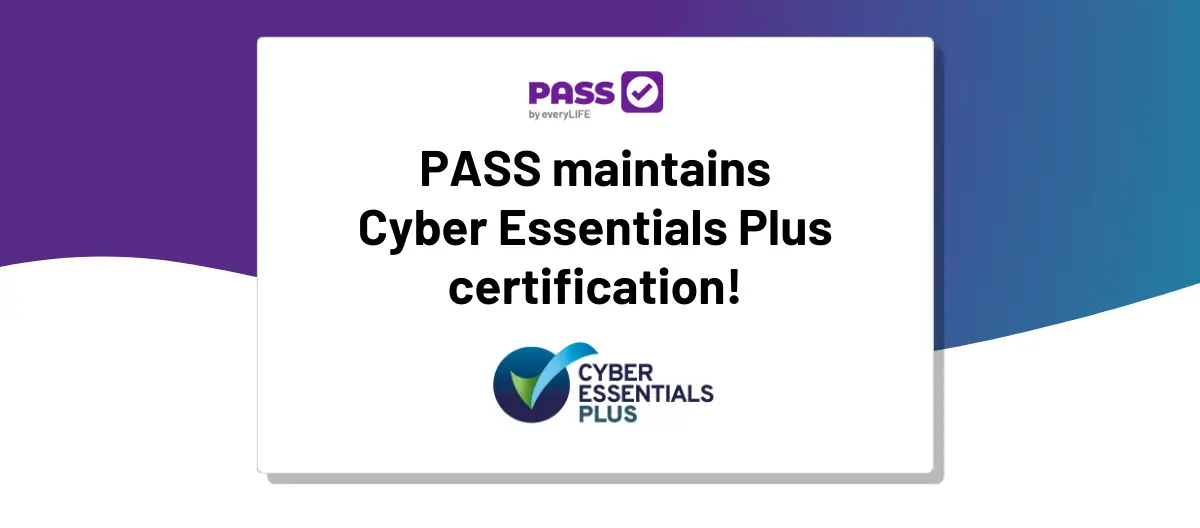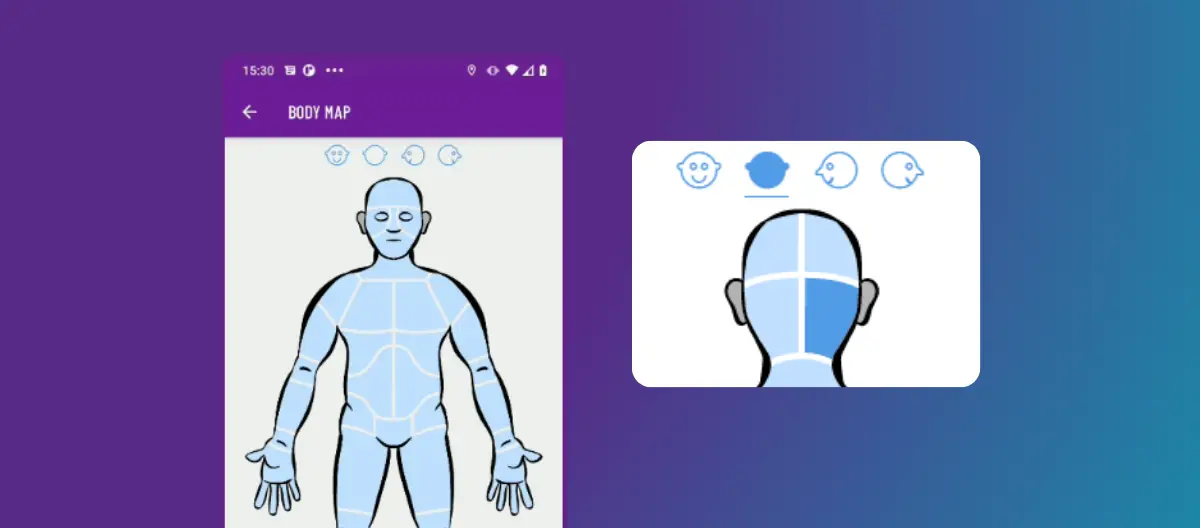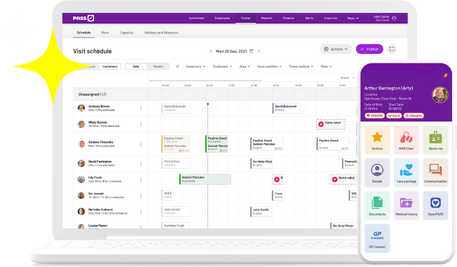When trawling through CQC inspection reports of care services in trouble, a common theme that crops up time and time again is medicines management and administration.
It is here that care homes struggling with staff continuity, or being able to attract quality people, will find mistakes recurring in terms of medicines being properly administered, documented and securely stored. “Medicines were not being safely or properly managed”, “Nursing staff did not always ensure people had taken their medicines”, “We found medicines management was not safe”, and, “Medicines management was not safe. People were not always receiving their medicines as prescribed”, are typical comments by inspectors visiting failing services.
Medicines mismanagement is invariably a prominent reason why care services fail to provide quality care and can also contribute to them falling short of reaching the coveted but rarely achieved accolade of Outstanding within the CQC’s Safe’ Key Line of Enquiry (KLOE). CQC data shows that Safe is the KLOE with the fewest Outstandings and errors in medicines administration are undoubtedly a major contributory factor to the sobering statistic. In its last ‘State of Care’ report, the CQC revealed that less than 0.5% of services achieved Outstanding for Safe in 2017, compared with 1% for Effective, 3% for Caring, 2% for Responsive and 2% for Well-led.
By providing greater accuracy, security and efficiency, digital medicines administration systems can help improve care quality at struggling and overstretched services while also helping Good services reach the Holy Grail of Outstanding. everyLIFE’s digital MAR (Medical Administration Record) can be updated in real time as drugs are given to residents providing a more timely, efficient and accurate service. Incorporating MAR within a digital care planning system means it follows the individual whenever they move into a new care home, saving on the time and complexity of creating a new one.
Digital medication administration can also be used to aid health and social integration and tackle bed blocking. By linking hospitals directly with care providers, the system helps manage medication when a patient is admitted or discharged from hospital, thereby speeding up the process by cutting out time-consuming and costly administration. It’s a win-win scenario that promises to help usher in a truly integrated health and social care system that provides real continuity of care.
By Andrew Mason
